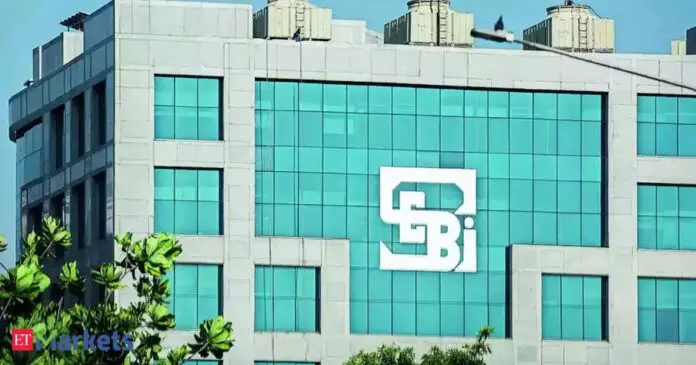SEBI’s Crucial Board Meeting: A Step Towards Enhanced Regulatory Framework
The Securities and Exchange Board of India (SEBI) is set to convene a pivotal board meeting today, December 18, 2024, to deliberate on significant regulatory reforms aimed at bolstering investor protection and enhancing market integrity. Among the key topics on the agenda are proposed changes to the small and medium enterprise (SME) IPO listing framework and the expansion of insider trading regulations. These discussions come at a time when the Indian financial markets are evolving rapidly, necessitating a robust regulatory environment.
Enhancing the SME Listing Framework
One of the primary focuses of the meeting will be the SME listing framework. SEBI has recognized the need to enhance transparency and investor protection in this segment, which has seen a surge in activity in recent years. Following a consultation paper released in November 2024, SEBI has received various suggestions aimed at reforming the current listing process.
A notable proposal is to increase the minimum application size for SME IPOs from the current threshold of ₹1,00,000 to either ₹2,00,000 or ₹4,00,000. This change is intended to ensure that only serious investors participate in these offerings, thereby enhancing the quality of investments in the SME sector. Additionally, the introduction of a draw-of-lots methodology for High Net-Worth Individuals (HNI) and Non-Institutional Investors (NII) is being considered to ensure a fair allocation of shares.
Moreover, SEBI is contemplating segmenting the NII category into small and large investors, which could lead to more tailored regulatory measures. To further protect investors and limit promoter exits, the Offer for Sale (OFS) portion may be capped at 20%-25% of the total issue size. Furthermore, increasing the minimum number of allottees from 50 to 200 aims to promote wider distribution of shares, thereby reducing the risk of market manipulation.
Strengthening Insider Trading Regulations
Another critical area of discussion will be the potential expansion of insider trading regulations. SEBI is exploring the inclusion of additional categories under Unpublished Price Sensitive Information (UPSI) to adapt to the changing dynamics of the market. This could encompass various factors such as changes in company ratings, proposed fundraising activities, agreements affecting management control, evidence of company fraud, and alterations in Key Managerial Personnel (KMP).
By broadening the scope of UPSI, SEBI aims to strengthen the regulatory framework surrounding insider trading, thereby mitigating risks associated with unethical trading practices. This move is expected to enhance market confidence and ensure a level playing field for all investors.
Regulation of Specified Digital Platforms (SPFs)
The meeting will also address the regulation of Specified Digital Platforms (SPFs). SEBI has previously proposed a framework that outlines the requirements for digital platforms seeking recognition as SPFs. This framework emphasizes the necessity for platforms to implement specific preventive and curative measures, collaborate with SEBI, and maintain transparency and accountability.
Key components of this framework include the obligation to submit periodic reports to SEBI regarding actions taken against fraud, impersonation, and other malpractices. The introduction of such regulations is anticipated to have a significant impact on brokerages, content creators, and financial influencers, as it aims to create a safer and more transparent digital trading environment.
Conclusion
As SEBI prepares for this crucial board meeting, the outcomes of these discussions could have far-reaching implications for the Indian financial markets. By focusing on enhancing the SME listing framework, strengthening insider trading regulations, and regulating digital platforms, SEBI is taking proactive steps to ensure a more robust and investor-friendly market environment. Stakeholders across the financial spectrum will be keenly watching the developments from this meeting, as they hold the potential to reshape the landscape of Indian capital markets for years to come.
(Disclaimer: Recommendations, suggestions, views, and opinions given by the experts are their own. These do not represent the views of Economic Times.)

